Statement on IDOC's New Director, John Baldwin
The John Howard Association of Illinois (JHA) congratulates John Baldwin on his appointment as the new Director of the Illinois Department of Corrections (IDOC). Director Baldwin brings a wealth of correctional experience from Illinois' neighboring state, Iowa, where he most recently served as Director of the Department of Corrections. In that position, Director Baldwin aided with the Pew-MacArthur Results First Initiative, which allowed the state to focus on investments in criminal justice that produce the most benefit. Director Baldwin's experience demonstrates a respect for data, recognition of the value of education, and an appreciation for the broader social context and challenges to successful reentry. He has led an agency in implementing reforms aimed at reducing recidivism and increasing efficiency. In Illinois, he has an opportunity to take on similar challenges at a larger scale
As Illinois' only independent, non-partisan prison monitor, JHA looks forward to working with Director Baldwin in advancing reforms in Illinois' $1.4 billion prison system. Director Baldwin takes the helm at an agency with many pressing challenges, including a lack of technological sophistication, minimal data collection and evaluation, overcrowded and understaffed facilities, serious deferred maintenance needs, and litigation pending on nearly every front.
Population reduction is imperative to system improvements. In JHA's July 27, 2015, testimony before the Illinois State Commission on Criminal Justice and Sentencing Reform, which is charged with advancing reforms under Governor Rauner's mandate to reduce Illinois' prison population by 25 percent in ten years, we stressed that sure and steady leadership within IDOC is a necessary first condition to implement needed changes. IDOC's leadership must advance professionalism and rehabilitative values, and ensure conformity of practice throughout the state's diverse correctional environment. Secondly, IDOC must be responsibly transparent and increase data collection for necessary program evaluation, which cannot occur without appropriate investment in staffing, training, and technological capacity. IDOC leadership will face challenges moving towards a more appropriately resourced department given the current climate of state agencies being asked to make do with less. However, without improvements within IDOC to draw the agency closer in alignment with correctional best practices, Illinois will not be able to achieve positive reforms.
IDOC needs stable, effective, and accountable leadership to implement practical changes for population reduction and initiatives that will lead to successful reentry. Below are JHA's key recommendations for IDOC and Director Baldwin to improve outcomes and conditions system wide and lead to future success.
JHA's key recommendations:
Increase transparency and accountability so that IDOC's successes and difficulties can be appreciated by lawmakers and other criminal justice stakeholders.
Create a correctional culture of learning, innovation, and professionalism by including resources for necessary staff development.
Enhance agency cooperation and communication between county and state officials to eliminate costly redundancies.
Maximize use of Medicaid expansion to fund services related to treatment, reentry, and diversion.
Increase and improve mental health training for correctional officers and other staff that are routinely tasked with managing a population that suffers from severe mental illness.
Effectively implement use of a risk assessment tool as mandated by the Illinois Crime Reduction Act of 2009, and use risk assessments to create individualized treatment plans, as well as to inform agency-wide decisions concerning in-facility programming, placement, reentry planning and outcome.
Increase rehabilitative and educational programming and effectively utilize volunteer services to ensure inmates leave prison with basic education and employment skills.
Expediently undertake and complete technological upgrades and physical plant improvements, recognizing that these front-end investments will result in long-term cost savings.
Ensure a positive return on investment for dollars spent within IDOC by accurately assessing the performance of services and providers.
Improve coordination and collaboration with Central Management Services (CMS), which controls IDOC's contracts with vendors and the hiring of personnel that do not fall under collective bargaining agreements.
Expand ways for more inmates to earn time off their sentences through positive behavior or participation in rehabilitative programming.
Find alternatives to address the expensive, growing problem of housing elderly and terminally-ill inmates in prison.
Continue to decrease the number of parolees who return to prison for technical parole violations (i.e. parole violations that are not based on the commission of a new criminal offense) by providing more effective alternatives to incarceration.
Improve agency and community/governmental partnerships to assist with rehabilitative programming and expand opportunities for releasees.
Ensure that the Prison Review Board is informed regarding agency capabilities and practices.
JHA looks forward to working with Director Baldwin and his staff to enact meaningful reform throughout Illinois' correctional system in order to benefit all of our citizens, both inside and outside of prison.
Jennifer Vollen-Katz
Executive Director
John Howard Association
